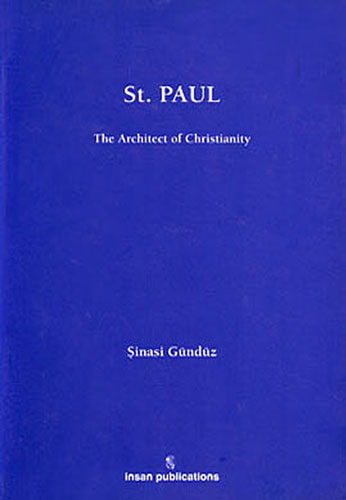
Paul is one of the most controversial figures in the history of Christianity who is often viewed as a missionary, an original thinker, a prominent theologian, as well as a messenger and a prophet who preached the message of Christ. However, by others he is noted as a follower of Hellenism, a Gnostic or an individual from the traditions of secret societies, the one who went far beyond the teachings of historical Jesus. Gündüz expounds the role of Paul in shaping Christianity and his relation to historical Jesus and argues that it is Paul who shaped the current Christocentrism, perception of salvation, eschatology, cosmology, concepts of divine law and sovereignty and other alike thoughts, and hence deserves the name “real architect of Christianity.“ Thus, historical Jesus is not the founder of Christianity. As Gündüz argues, contrary to current Christian belief, historical Jesus is an eschatological messenger, a believer of one-God and hiovereignty and a social reformist.